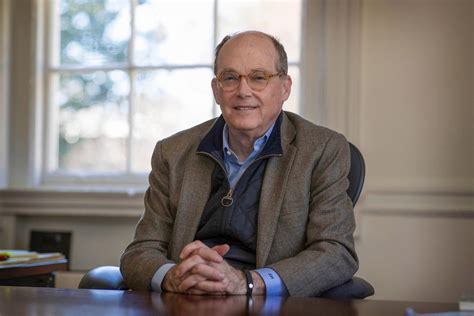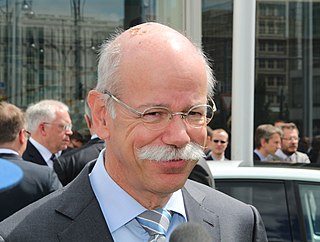A Quote by W. Edwards Deming
The aim proposed here for any organization is for everybody to gain - stockholders, employees, suppliers, customers, community, the environment - over the long term.
Related Quotes
To generate any appreciable degree of long-term affluence requires scrupulous honesty and the willingness to honor long-term agreements with employers, suppliers, partners, and especially customers. The flimflam artist may generate a few quick bucks through fraud or misrepresentation, but no successful and lasting business enterprise was ever founded on such principles.
We believe that there is no greater power in the world than the force of a great idea. We believe that people are the lifeblood of every organization. We believe that the best companies are true meritocracies, where people rise and fall through their own contributions, not through game playing or politics. We believe that work isn't simply a paycheck; it is the ultimate expression of a fully realized self. We believe that a company's obligations extend far beyond its bottom line and its shareholders - to a wider constituency that includes employees, customers, suppliers, and the community.
Many companies operate from more of a command-and-control environment - they decide what's going to happen at headquarters and have the organization execute. That doesn't work here because it's the community of users who really have control.
So we enable, not direct. We think of our customers as people, not wallets. And that has implications for how we run the company. We partner with our customers and let them take the company where they think it's best utilized.
Vladimir Putin doesn't really gain anything economically from annexation of Crimea. It's more a gain of power. It's a gain of what he can say to his home population about what he's accomplished as president. And so it's really much more an individual gain for Putin politically than for Russia as a state, because over the long term, Russia is not going to particularly benefit from this.
I report the assault on nature evidenced in coal mining that tears the tops off mountains and dumps them into rivers, sacrificing the health and lives of those in the river valleys to short-term profit, and I see a link between that process and the stock-market frenzy which scorns long-term investments-genuine savings-in favor of quick turnovers and speculative bubbles whose inevitable bursting leaves insiders with stuffed pockets and millions of small stockholders, pensioners, and employees out of work, out of luck, and out of hope.
Henry Ford has several times sneered at unproductive stockholders.... Well, now. Let's see. Who made Henry Ford's own automobile company possible? The stockholders who originally advanced money to him. Who makes it possible for you and me to be carried to and from business by train or street car? Stockholders.... Who made our vast telephone and telegraph service possible? Stockholders.... Were stockholders all over the country to withdraw their capital from the enterprises in which they are invested, there would be a panic ... on a scale never before known.



































